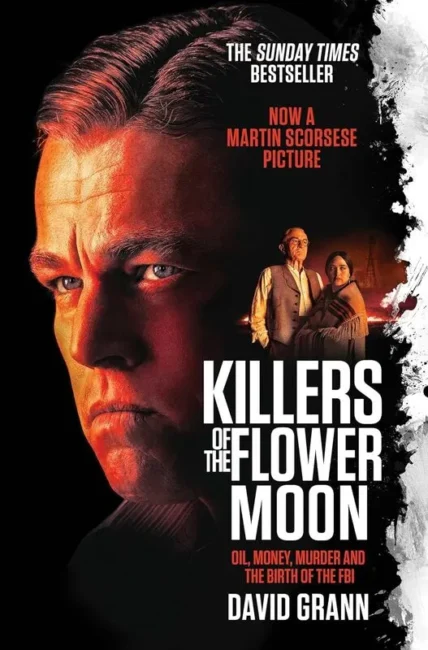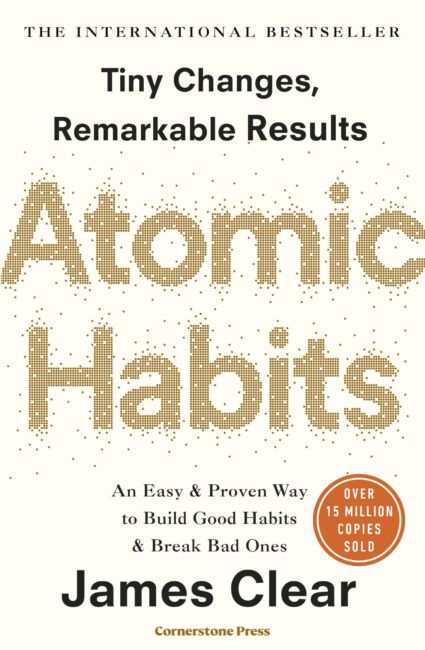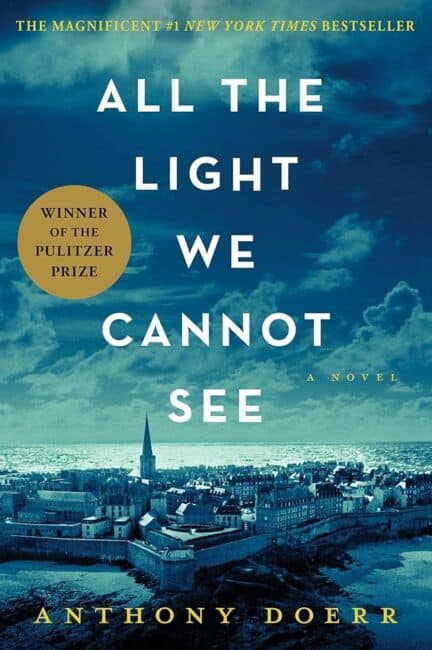Five Must-Read Dystopian Fiction Books

Call it a morbid obsession or just a healthy interest in the darker paths society could take. Whichever way you see it, dystopian fiction is a hugely popular genre that continues to fascinate us.
According to Merriam Webster, dystopia is “an imagined world or society in which people lead wretched, dehumanised, fearful lives.” It may not sound like it makes for the most pleasant of reading, but that’s what makes it so terrifyingly gripping. The genre often takes real-life psychological phenomena like groupthink and pushes them to the limit. How far can a society go in the name of order or control before it becomes indistinguishable from tyranny?
From George Orwell’s hugely seminal novel, Nineteen Eighty-Four, to contemporary explorations of dystopia from authors like Margaret Eleanor Atwood, there’s a lot to dig into if you’re new to dystopian fiction. We’ve compiled a list of five essential dystopian novels, covering the genre’s standout works that are well worth reading.
1. Nineteen Eighty-Four
George Orwell’s ninth and final book is arguably the most cited and influential of all dystopian fiction. So much so that ‘Orwellian’ has become an adjective in its own right, and terms like thought police, thought crime and newspeak have made their way into our vernacular.
Released in 1949, it presents a nightmarish future in which the world is in perpetual war and a totalitarian ruler known as Big Brother (yes, the inspiration behind the reality TV show) leads an obedient society. Propaganda and censorship are rife, but the only catch? No one seems to know they’re under mind control – except for Winston Smith, who increasingly begins to question the world around him. If there’s just one bit of dystopian fiction you should read, it’s definitely this.
2. Animal Farm
Yes, Orwell gets two mentions in this list as he’s arguably the Godfather of dystopian fiction. Before Nineteen Eighty-Four came Animal Farm in 1945 – a satirical novella based on the Russian Revolution and the rise of the Soviet Union. It’s an entertaining read that starts hopeful, but it doesn’t take long for things to get bleak. A group of farm animals band together to overthrow their human owner in the hopes of creating a fair and equal society. But, spoiler alert: a hierarchy soon forms, with the pigs becoming increasingly greedy for control. It’s an engrossing look into how power corrupts and the truth can be twisted to suit an agenda.
3. The Handmaid’s Tale
If George Orwell is the Godfather of dystopian fiction, then Margaret Atwood is surely the Godmother. The Canadian author has written a series of books within the genre, with 1985’s The Handmaid’s Tale being her most notorious.
If you’re familiar with the Hulu series starring Elisabeth Moss and Joseph Fiennes, you’ll know it’s set in the totalitarian, theocratic state of Gilead, where women’s rights have been stripped away. Offred, a “Handmaid”, is forced to bear children for the ruling elite, as she navigates a world of oppression, control, and surveillance.
It’s a story that’s all the more chilling when you consider it draws heavily from historical events and real-life occurrences. “Nothing went into it that had not happened in real life somewhere at some time,” Atwood has said.
4. Brave New World
Where Orwell’s Nineteen Eighty-Four explores totalitarian regimes that use fear, suppression and surveillance to dominate, Aldous Huxley’s Brave New World looks at the impact of genetic engineering, the pursuit of instant gratification and technology.
Published in 1932, it’s set in a future where people are engineered, conditioned, and drugged into conformity and superficial happiness. Like any good dystopian fiction, a protagonist begins to question this seemingly perfect world, in which emotions and individuality are conditioned out at a young age.
It’s a book that feels way ahead of its time in terms of its critique of the pitfalls of technological advancement and social manipulation.
-
The Time Machine
Published in 1895, H.G. Wells’ The Time Machine is one of the earliest examples of dystopian science fiction, and indeed, time travel. It follows the story of a Victorian scientist who time-travels to 802,701 AD, where he discovers that humanity has become divided.
The peaceful Eloi and the predatory Morlocks represent social class extremes, and the novel serves as an overall study of the consequences of inequality, industrialisation and the loss of freedom.
Discover more thought-provoking reads
If you’re looking for more books adjacent to dystopian fiction, explore our latest reviews, including some recommended science fiction reading. You’ll also find more book inspiration and general musings over on the Victoria Freudenheim blog.




